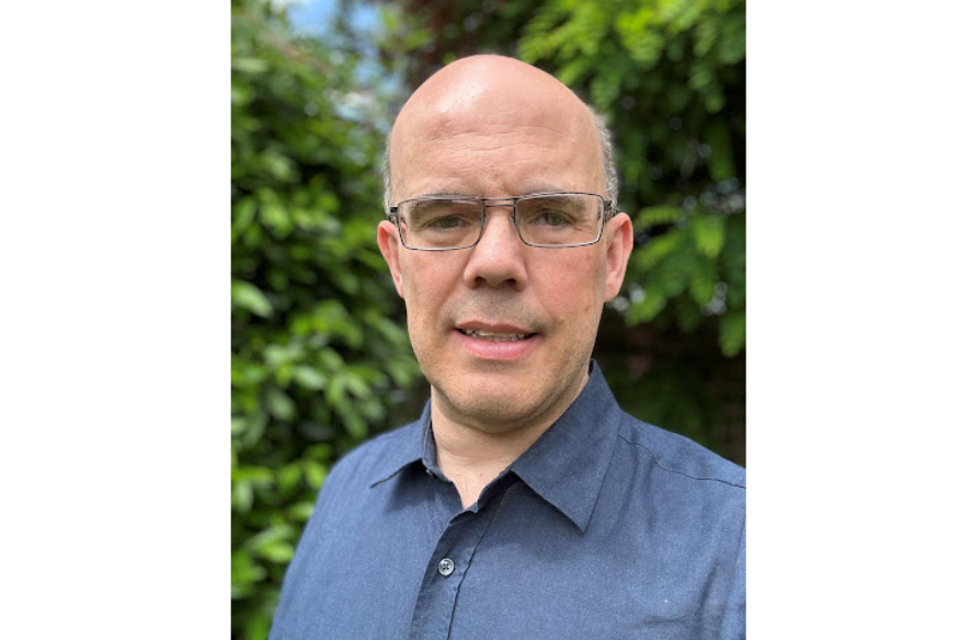Lord Mayor of the , Professor Michael Mainelli, has delivered a speech (10 March) at a reception and dinner ahead of today’s Global Fraud Summit (11 March).
He was speaking to an audience including Her Royal Highness The Princess Royal, UK Home Secretary James Cleverly, foreign government principles, industry leads, and senior law enforcement representatives, at the Corporation’s Guildhall headquarters.
Extracts extract from the Lord Mayor’s speech are found below:
Fraud is a serious threat to all our economies – this is not a harm that any of us should face alone…
…Because fraud is a blight on our societies which costs money, ruins lives, and weakens our economic security – as well as fuelling other serious forms of crime.
Although victims may not be robbed at gunpoint like the Wild West of old, being robbed of all they have on the Wild West of the Internet is no less harmful.
As our British guests will know, the Police is the UK’s National Lead Force for fraud, and the National Police Chief’s Council lead for economic and cyber-crime.
That means they co-ordinate and support national, regional, and local police forces in tackling these forms of crime, as well as running Action Fraud – the UK’s our nationwide reporting system – and the National Fraud Intelligence Bureau.
This is no small task given that fraud made up approximately 40% of all crime reported in England and Wales in 2022.
As everyone here will know, financial crime has grown significantly as new technologies develop and, in turn, are exploited.
The National Fraud Intelligence Bureau estimates that 89% of fraud is now facilitated through digital technology, most notably the internet.
Every time technology advances, these cyberspace invaders are there to take a ride on the back of the latest innovation – especially the many opportunities offered by Artificial Intelligence.
Which is why our responses also need to advance, to stay ahead of the criminals.
If fraudsters are harnessing the latest technology to target businesses and individuals – then we must do the same to target them, and to protect the public.
These are not small-time crooks who can be tackled with simple and conventional policing methods.
These are serious international criminals who require a serious, international, and coordinated response.
Fraudsters have no respect for national boundaries, so we also recommended greater international cooperation – which is the cornerstone of the ability of anti-fraud authorities to pursue criminals across borders, stop them, and recover assets.
This includes bringing together the international payment providers and the Big Tech firms – who have the skills and resources, if properly motivated and supported, to deliver many anti-fraud technologies as a ‘matter of course’ – and globally.
We need to work with these internet giants to develop our analytical capacity, allowing us to identify and address existing criminal threats more quickly.
There are some good examples of collaboration across borders and sectors, but we need to scale up our response.
In particular, we look to those tech firms – the innovators of the world – to step up to the challenge and protect the customers on whom they rely.
I look forward to hosting a roundtable at Mansion House later this month with the banking and tech sectors, on this very topic.
And we look to governments to ensure that we fund our anti-fraud measures to a level which is commensurate with the scale of the problem.
The hopes that we can build up our international cooperation over the next few days, for a determined, agile, and global response to global fraud.
ENDS
Notes to editors
The Corporation, which owns and manages Guildhall Art Gallery, is the governing body of the Square Mile dedicated to a vibrant and thriving City, supporting a diverse and sustainable London within a globally successful UK –
';










